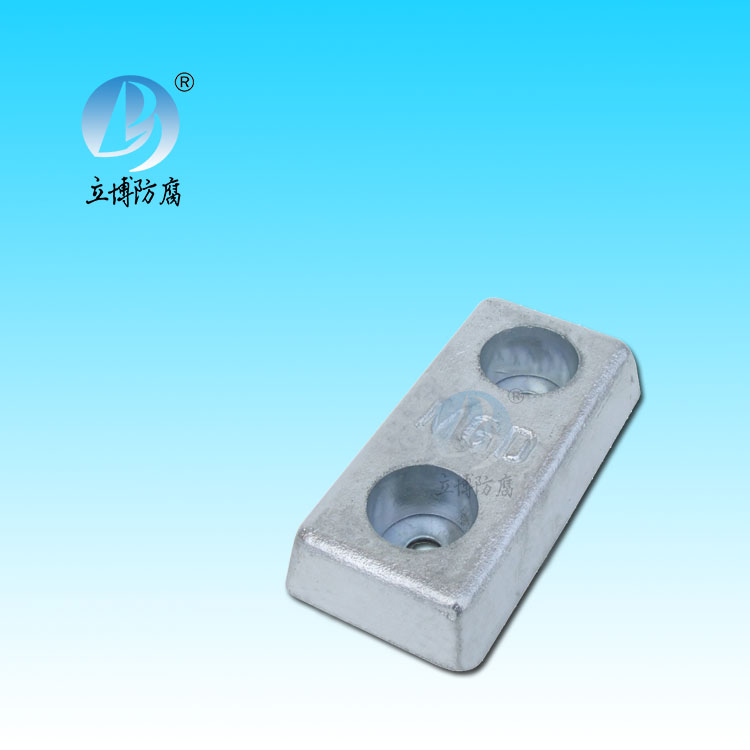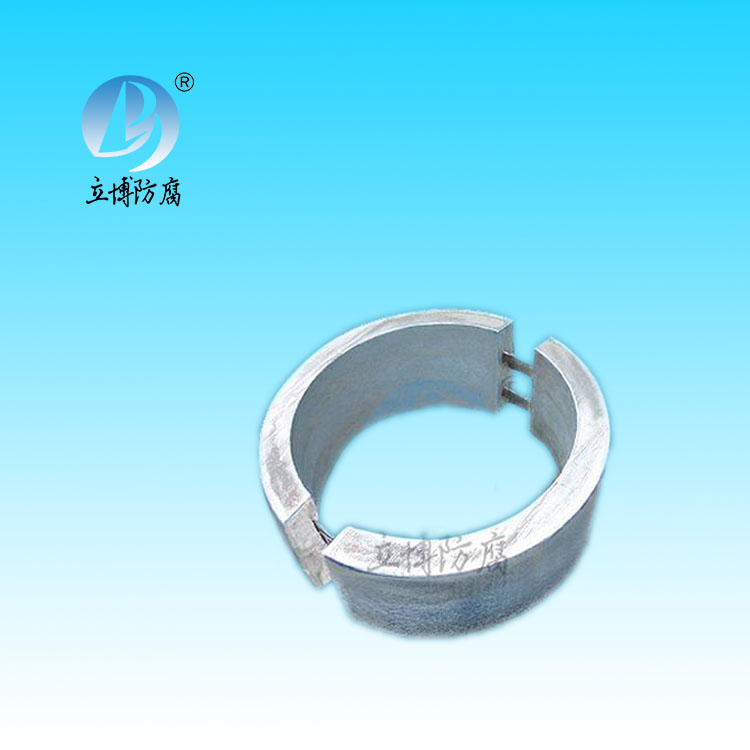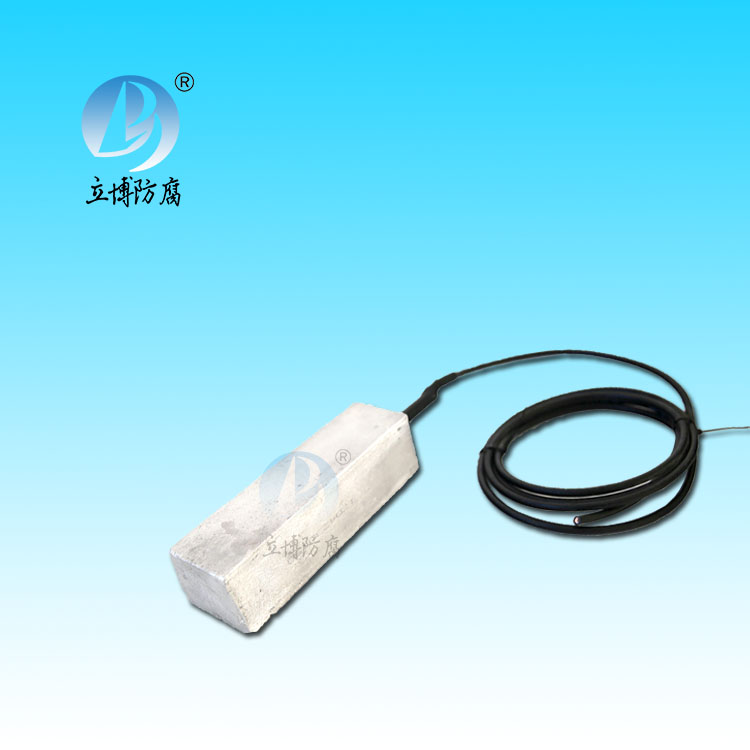News
News
- What is a sacrificial anode
- Basic requirements for reference...
- What does the reference electrode do...
- Why are zinc blocks attached to the ...
- What is the principle of impressed...
- What material does metal structure...
Contact
Phone:18739187123
hotline:0391-7588881
E-mail:970512272@qq.com
Address:Wuzhi County, Jiaozuo City, China
Industry News
Sacrificial anode block aluminum anode
- Author:Libo
- Source:wwww.ppvvw.com
- Date:2021-06-11
- Click:0
Sacrificial anode block aluminum anode
Crude oil is mainly composed of various hydrocarbons and bitumen, which does not corrode the storage tank, so the side wall of the crude oil storage tank is basically non-corrosive. Due to the crude oil tank bottom sediment water contains inorganic salts, chloride, organic acids and microorganisms caused by electrochemical corrosion, bacterial corrosion and so on. The common cathodic protection method of storage tank and inner wall of pipeline is to sacrifice anode protection. The sacrificial anode can be arranged arbitrarily without worrying about the connection of power supply. Its potential is limited, so there is no need to worry about protecting against danger; The sacrificial anode can be made into any shape. Large water tanks, such as high price water tanks, river water tanks in power stations, seawater storage tanks, boiler water supply tanks, etc., can use this sacrifice anode.
Sacrificial anode block aluminum anode
Corrosion is a kind of destructive erosion caused by chemical or electrochemical reactions between metals and their surroundings. Most corrosion is an electrochemical process, accompanied by oxidation - reduction reaction. The storage tank is often corroded by a variety of harmful media in the process of use, which leads to increasingly prominent safety problems. Crude oil tank bottom corrosion is the most serious, most of the ulcer pit corrosion until perforation. Mainly occurs in the weld area, depression and deformation.
Sacrificial anode block aluminum anode
The corrosion in the storage tank is related to the type, nature, composition, temperature and frequency of replacement of the storage medium. Whether the storage is liquid or gas, there are two corrosive environments, one is the gas phase, the other is the liquid phase. For a medium such as crude oil, the liquid phase is divided into two layers, the oil layer and the sedimentary water layer at the bottom.







 客服QQ
客服QQ